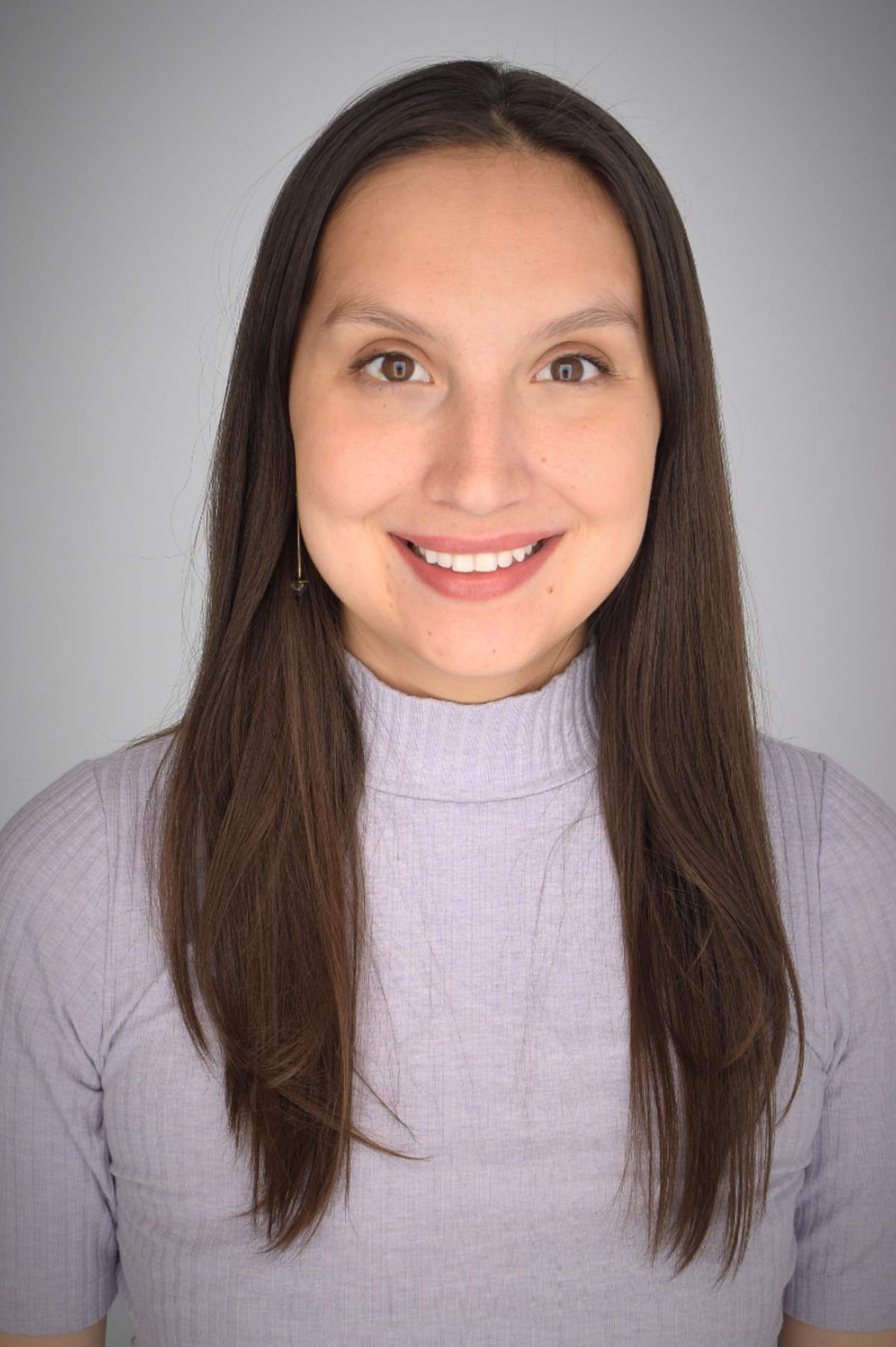Survivors of gender-based violence are using creative expression to heal themselves and build a community of people who care for one another.

According to Status of Women Canada, gender-based violence (GBV) is violence committed against someone based on their gender identity, gender expression or perceived gender.
GBV is not limited to physical or sexual abuse but includes words, actions and attempts to degrade, control, humiliate, intimidate, coerce, deprive, threaten or harm another person.
Healing from trauma
“I find that writing and other art forms can be a really accessible and personal and communal tool for resisting and healing from different kinds of violence and oppression,” said Ellie Lamothe, a poet and survivor of GBV.
Lamothe is a fourth-year sociology student at Mount Saint Vincent University. She said her writing focuses on the complexities of trauma and relationships, experiences of intimate partner and sexual violence and the impact of trauma and grief on the body and sense of self.

In mid-August, Lamothe launched Laurels & Bells Literary Journal to honour, celebrate and mourn those who are impacted by GBV. It features essays, poetry, prose, photography and visual art pieces.

Get weekly health news
Open for submissions
The journal was first created as a zine of the same name as part of a project from the Mount Saint Vincent University Feminist Collective in 2018. It was later given funding for its success.
The MSVU women’s studies department, sociology department and the Alexa McDonough Institute provided $400 in funding to have the journal printed and distributed.
The first issue of the journal will be published online and in print in the fall of 2019, and Lamothe is calling for people to submit their work.
READ MORE: Lack of beds forced London’s Anova shelter to turn away women more than 2,500 times in 2018
“We’ve gotten submissions from people in our community in Halifax, in the U.S., and we had one submission from India so far,” she said.
Lamothe has submitted one of her poems as well.
Writing about traumatic experiences ‘can be really scary’
“I have been thinking of my healing / of its warm honey hum / and guttural scream / how it grows within its own fragilities,” Lamothe writes in one of her poems. “Of coming home to the pleasure of my body / to my love as ritual / of recovering with intention / desiring with intention / adapting.”
“Personally, I’ve always found my writing, and especially poetry, has been one of the main tools for myself to heal from experiences of sexual violence and intimate partner violence, and that can be really scary,” said Lamothe. “Especially when you’re really public about it. But I also think that kind of taking that power back to define your own experience.”
READ MORE: OUTSaskatoon getting over $1.1M to support survivors of gender-based violence
Megan Boyle is an art therapist and founder of Halifax Art Therapy, which seeks to “promote well-being and cultivate healthy change by empowering individuals to explore, understand, manage and heal mental health challenges through the creative process.”
“When you have a traumatic experience, it can really seem all-consuming, like you can’t even begin to organize the thoughts and feelings about what happened. And you can really feel stuck and really feel like you have no control over those thoughts and feelings because oftentimes when the incident was happening, you had no control so that sort of remains,” Boyle explained.
Boyle has worked with youth and adults who have experienced GBV and believes that using art can be healing and empowering.
“I find that the creative arts therapies — so specifically creative writing in this instance — allow you to take some distance from what happened. For example, you can talk in metaphor and start tapping into the experience slowly through creative writing, and it allows you to process feelings at a speed that feels safe,” she added.
Finding the ‘creative being’
Boyle said that society doesn’t necessarily take the creative aspect seriously.
“A large part of our work as art therapists is sort of advocating because all of us have this creative being inside of ourselves from childhood. And when you grow, adults are very disconnected from that part of themselves,” she said.
She believes the journal can be an “incredible” way to reclaim one’s sense of self.
READ MORE: Feds announce $50M for programs across Canada to support survivors of gender-based violence
Global News tried to reach out to some of the journal’s contributors, but no one was available for immediate comment.
“We live in a society that’s a lot more focused on retribution instead of healing,” said Lamothe.
She hopes to change that — one poem at a time.









Comments